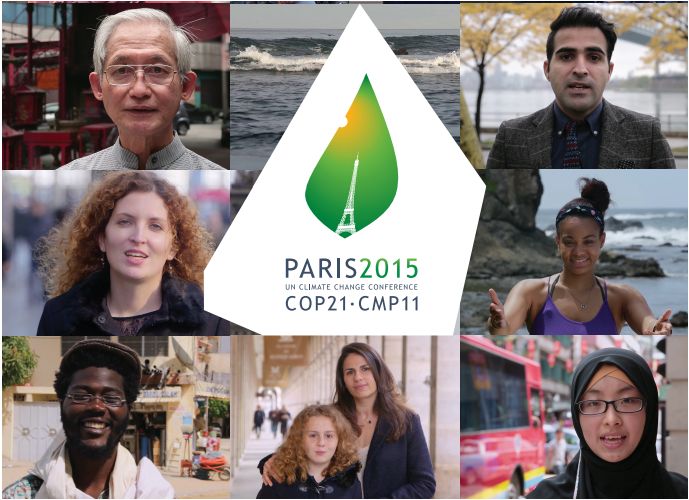United States President Donald Trump has ordered the U.S. to withdraw from the Paris climate agreement, marking the country’s second departure from the pact aimed at addressing climate change.
The second U.S. withdrawal from the Paris Agreement is poised to have a more significant global and domestic impact than the first. This move will likely heighten the risk of escalating global warming and hinder U.S. climate funding globally, while also creating uncertainty for investors navigating the differing green regulations between the U.S. and Europe.
The withdrawal will take effect more swiftly than the previous exit, and with climate change already intensifying, the likelihood of surpassing the 1.5°C temperature target increases. This setback jeopardizes the achievement of the Paris Agreement’s goals, and the U.S. may abandon national emissions-cutting plans and CO2-reducing tax credits, Reuters news report said.
The U.S. also ceases its climate funding commitments, which will significantly impact poorer nations that rely on this support.
Although certain U.S. states continue climate efforts, and clean energy booms were witnessed under Trump’s first term, his policies may hinder future progress. Furthermore, businesses and investors may shift focus to countries with stronger green incentives, and U.S. companies will be excluded from the U.N.’s carbon market. The withdrawal also places U.S. financial institutions in a difficult position, caught between domestic politics and European climate demands.
Reactions to this decision have been mixed.
Simon Stiell, U.N. Climate Change Executive Secretary, emphasized that embracing the global clean energy boom could lead to massive profits and job creation, while ignoring it would send wealth to competitor economies and exacerbate climate disasters.
Chinese Foreign Ministry spokeswoman Mao Ning expressed concern, stressing that climate change is a challenge that all countries must confront.
Brazil’s Environment Minister Marina Silva criticized Trump’s stance, stating it contradicts scientific evidence and common sense, especially in light of extreme weather events.
EU Climate Commissioner Wopke Hoekstra called the U.S. withdrawal unfortunate but reiterated the EU’s commitment to working with the U.S. and other partners on climate action.
Former French PM and COP 21 President Laurent Fabius lamented the decision as contrary to scientific evidence, but urged continued international efforts to combat climate change.
Ali Mohamed, Chair of the Africa Group in U.N. Climate Negotiations, highlighted the importance of U.S. leadership in mobilizing climate finance and promoting multilateralism.
Evans Njewa, Chair of the Least Developed Countries Group, expressed regret, warning that the withdrawal could undo progress in reducing emissions and put vulnerable nations at greater risk.
Governors Kathy Hochul of New York and Michelle Lujan Grisham of New Mexico, co-chairs of the U.S. Climate Alliance, reassured the international community that climate action would continue in the U.S. despite the federal shift.
Clare Nullis, spokesperson for the World Meteorological Organization, pointed out that the U.S. suffers the most from weather-related disasters, underscoring the urgency of the Paris Agreement.
Ani Dasgupta, President and CEO of the World Resources Institute, questioned the wisdom of the U.S. giving up its political influence in the green energy market.
Laurence Tubiana, CEO of the European Climate Foundation and a key architect of the Paris Agreement, noted that the global economic momentum behind the clean energy transition is now unstoppable, and the U.S. risks losing out.

